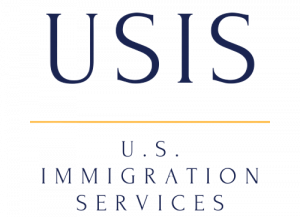
What is the EB-3 Unskilled Visa Program?
No skill, no degree, no requirements—everyone can be eligible to apply for the EB3 program!
Why is the EB-3 program suitable for everyone?
The EB3 Unskilled Work Program category is best for applicants with no education or work experience, as no work experience, language testing, or education level is required for this category. Under this program, you will arrive in the US with a permanent full-time job and a residence permit for yourself and your family. You can also include your spouse and unmarried children under the age of 21 in your application. After that, they will be able to work and study in the US as green card holders.

The EB-3 Visa Program was created by Act of Congress in 1990
The primary intent of this employment-based Green Card option is to help U.S. employers find foreign workers who are qualified, available and willing to fill jobs the employers have been unable to fill with U.S. workers from their local job markets.
In exchange for receiving and accepting a qualifying job offer from an authorized U.S. employer, the foreign worker and their immediate family members (their spouse and any unmarried children under 21 years of age) will all be able to receive their green cards and immigrate on a permanent resident basis to the United States. And after five years of residence here, they will each be eligible to apply for U.S. citizenship.
What are the differences between EB-1, EB-2, and EB-3 employment-based green cards?
What are the requirements under the EB-3 Unskilled Visa Program?

- Applicant must be physically fit (in good health conditions to perform the work).
- No educational requirements.
- Commitment to work with the employer for a minimum of one year and a half.
- The applicant must have a job offer made by an employer in the United States at the time of application.
- The applicant must complete a labor certification procedure approved by the US Department of Labor.
- Employers inviting foreigners to work must obtain approval from the US Department of Labor showing that the employment of that particular foreign citizen will not adversely affect the US labor market and that the employer has the necessary financial means to pay the salary of the foreign worker.

